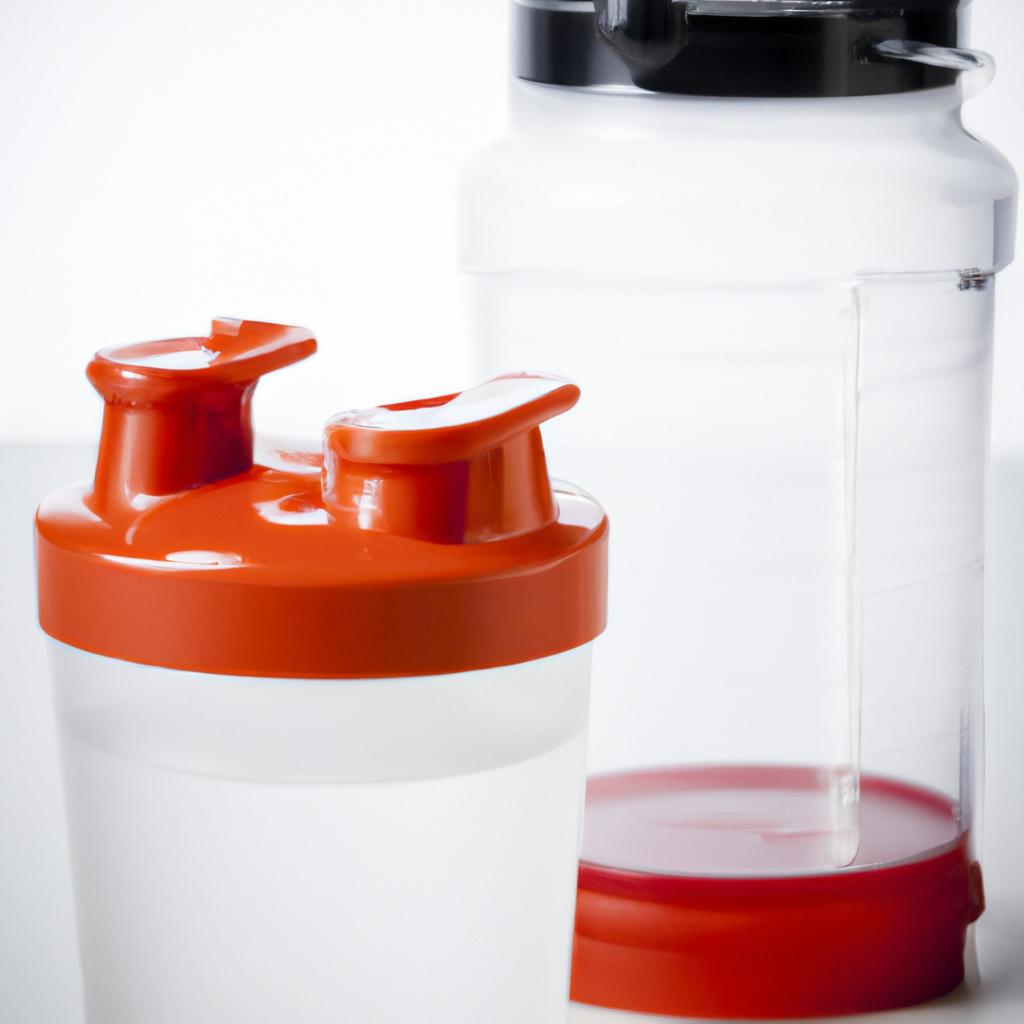**”The Role of Hydration Strategies in Enhancing Athletic Performance: How Fluid Intake Affects Strength, Endurance, and Recovery”**
The Role of Hydration Strategies in Enhancing Athletic Performance: How Fluid Intake Affects Strength, Endurance, and Recovery
Hydration is a crucial yet often overlooked aspect of athletic performance. While many athletes focus on training regimens, nutrition, and recovery strategies, the importance of fluid intake cannot be overstated. Proper hydration not only enhances strength and endurance but also aids in recovery, ultimately leading to better overall performance. In this blog post, we will explore the role of hydration strategies in enhancing athletic performance, the science behind fluid intake, and practical tips for athletes.
Understanding Hydration and Athletic Performance
The Science Behind Fluid Intake
When athletes engage in vigorous physical activities, they lose fluids through sweat and respiration. Consequently, inadequate hydration can lead to dehydration, which negatively impacts performance. Studies show that even a 2% loss in body weight due to fluid loss can impair athletic performance. Moreover, dehydration can lead to increased fatigue, decreased strength, and reduced endurance, making it essential for athletes to maintain optimal hydration levels.
Hydration Needs Vary by Activity
Different sports and activities have varying hydration requirements. For instance, endurance athletes, such as marathon runners, may require more fluid intake than strength athletes, like weightlifters. Furthermore, environmental conditions, such as heat and humidity, can also influence hydration needs. Therefore, athletes must tailor their hydration strategies based on their specific sport, duration of activity, and environmental factors.
The Impact of Hydration on Strength
Fluid Intake and Muscle Performance
Hydration plays a significant role in muscle function and performance. When muscles are adequately hydrated, they can contract more efficiently, allowing athletes to exert maximum strength. On the other hand, dehydration can lead to muscle fatigue and decreased power output. Consequently, athletes should focus on pre- and post-workout hydration to optimize their strength training sessions.
Timing and Types of Fluids
To maximize strength gains, it is important to consider not just the quantity but also the timing and type of fluids consumed. For example, consuming water before a workout ensures that the muscles are adequately hydrated. In contrast, post-workout recovery drinks containing electrolytes can help replenish lost fluids and nutrients, aiding in muscle repair and growth. Therefore, a well-planned hydration strategy is essential for maintaining strength.
Enhancing Endurance Through Proper Hydration
Hydration and Stamina
For endurance athletes, maintaining fluid balance is crucial for optimal performance. During prolonged physical activities, the body loses significant amounts of water and electrolytes, which can lead to decreased stamina and increased risk of heat-related illnesses. In addition, studies have shown that proper hydration can improve aerobic capacity, enabling athletes to perform at higher intensities for longer periods.
Electrolyte Balance
In addition to water, electrolytes like sodium, potassium, and magnesium play a vital role in hydration. Electrolytes help regulate fluid balance, muscle contractions, and nerve function. Therefore, athletes participating in endurance events should consider consuming electrolyte-rich beverages or snacks during long workouts to maintain performance levels. Moreover, choosing the right mix of fluids can help prevent cramping and fatigue, making hydration an essential component of endurance training.
Recovery: The Unsung Hero of Hydration
The Role of Hydration in Recovery
Hydration is equally important for recovery as it is for performance. After intense workouts, athletes need to replenish lost fluids to restore balance in the body. Inadequate hydration during recovery can lead to prolonged muscle soreness and fatigue. Consequently, hydration strategies should not only focus on performance but also on post-workout recovery.
Practical Hydration Tips
1. **Pre-Hydrate:** Drink water or electrolyte beverages before training to ensure optimal hydration levels.
2. **During Workouts:** Consume fluids regularly, especially during long or intense exercises. Aim for 7-10 ounces of fluid every 10-20 minutes.
3. **Post-Workout Replenishment:** After exercising, aim to drink at least 16-24 ounces of fluid for every pound lost during the workout. In addition, consider incorporating protein and carbohydrates to aid muscle recovery.
Conclusion
In conclusion, hydration strategies play an essential role in enhancing athletic performance by affecting strength, endurance, and recovery. Understanding the importance of fluid intake and tailoring hydration strategies to individual needs can significantly impact an athlete’s performance. Therefore, athletes must prioritize their hydration just as they do their training and nutrition. By implementing effective hydration strategies, athletes can not only enhance their performance but also promote overall health and well-being. As you embark on your athletic journey, remember that staying hydrated is not just an option; it is a necessity for achieving your goals.
FAQ
Why is hydration important for athletic performance?
Hydration is crucial for athletic performance because it helps maintain optimal body function during physical activities. Even a 2% loss in body weight due to fluid loss can impair performance, leading to increased fatigue, decreased strength, and reduced endurance. Proper hydration supports muscle function and aids in recovery, ultimately enhancing overall athletic performance.
How should athletes adjust their hydration strategies based on their sport?
Hydration needs vary by activity, with endurance athletes requiring more fluids than strength athletes. Environmental factors like heat and humidity also influence hydration demands. Athletes should tailor their hydration strategies based on their specific sport, duration of activity, and individual sweat rates to ensure they maintain optimal fluid balance for peak performance.
What are some practical tips for effective hydration before, during, and after workouts?
To optimize hydration, athletes should follow these practical tips: Pre-hydrate by drinking water or electrolyte beverages before training; consume fluids regularly during workouts, aiming for 7-10 ounces every 10-20 minutes; and after exercising, drink at least 16-24 ounces of fluid for every pound lost during the workout while also considering protein and carbohydrates for muscle recovery.















Post Comment